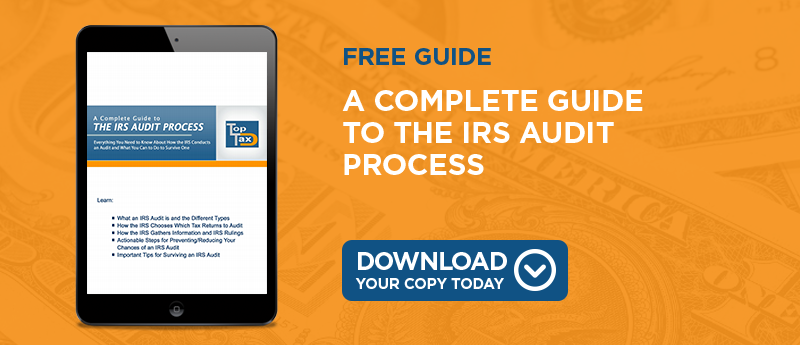
If you own a business and you have employees, then you are no doubt familiar with the requirement to withhold payroll taxes and submit them to the IRS. According to federal tax regulations, employers are required to deposit their employees' payroll tax withholding amounts, as well as their matching deposits, once every three months. For bosses who neglect or refuse to comply with this payroll tax requirement, the IRS has instituted a penalty called the Trust Fund Recovery Penalty (TFRP).
What is the Trust Fund Recovery Penalty?
The TRFP is designed to hold employers responsible for complying with the IRS payroll tax laws and to prevent them from neglecting their federal tax responsibilities. The penalty name uses the term "trust fund" to apply to the federal payroll tax deposits. These are called trust funds because employers hold these funds in trust after deducting them from workers' wages before actually depositing them with the IRS.
Who is Subject to the TFRP?
According to the IRS TRFP regulations, any "responsible" business person is subject to handle payroll taxes and will receive a penalty if payroll taxes are not deposited in a timely manner. In the tax code, a responsible person is defined as a person who holds a position of responsibility and is aware of the requirement to submit federal employment taxes. Under this definition, any officer of the company who has access to employee data may be considered a "responsible" person.
In a mid-size company, this could include anyone in the payroll department and all of their superiors. In a large corporation, all of the relevant board members could fall under the definition of "responsible" persons, as well as those directly involved in payroll duties. In a sole proprietorship, the business owner and whoever performs the payroll duties would be considered "responsible".
In order for the IRS to impose the TFRP, the "responsible" person must willfully fail to submit federal payroll tax deposits. However, this standard does not require that the taxpayer be malicious in intent to do so. A business owner who is simply indifferent about the law and neglects to deposit the tax can be liable.
Avoiding the TFRP
The best way to avoid the TFRP is to keep the payroll tax deposits separate from the operating funds. Placing them in a separate account immediately after withholding them helps you avoid the temptation of using them for other purposes or illegally paying lower payroll taxes. You should also submit Form 941 every quarter on time, along with the required payroll tax payment, to make sure that the IRS gets them promptly. If you receive an IRS notice of an impending TRFP that you believe is erroneous, file an appeal within 60 days to have your case heard by an arbiter. Whatever you do, do not ignore one of these notices!
The Trust Fund Recovery Penalty may sound intimidating, but it really exists simply to encourage business owners to comply with federal payroll tax laws. As long as you submit your federal payroll taxes each quarter, you'll probably never have to worry about getting hit with the TFRP. If you do have these troubles, you can talk with a qualified tax professional to resolve your payroll tax problems.




